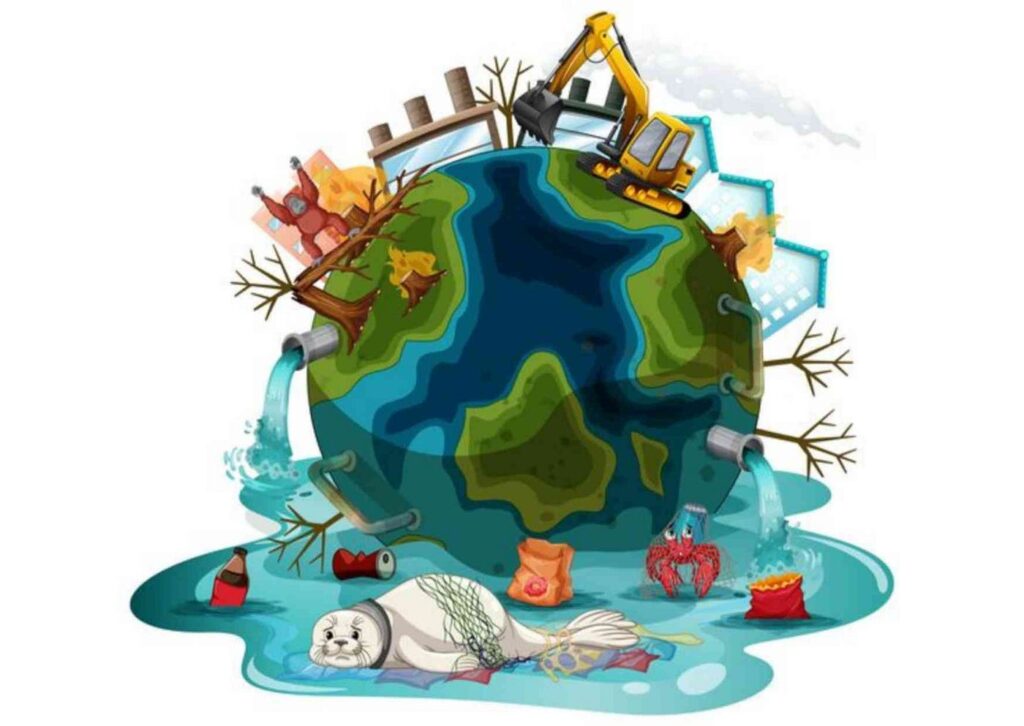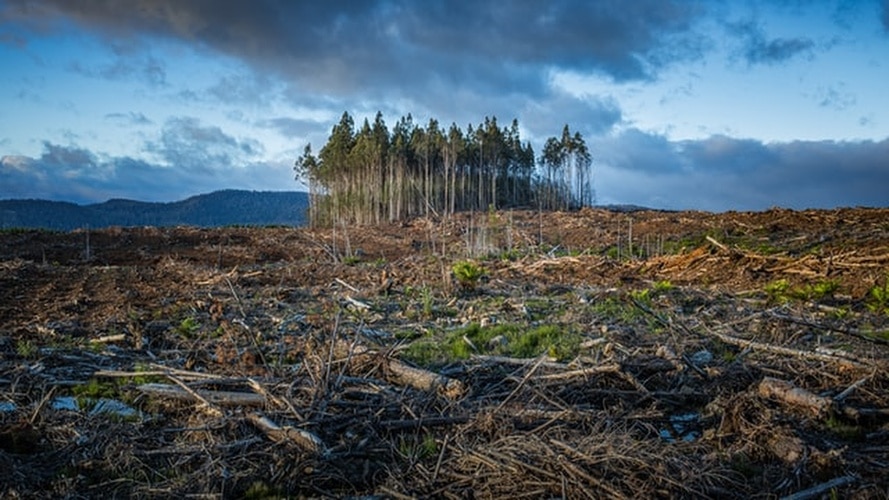In recent decades, environmental issues have become increasingly prominent on the global agenda as the impact of human activities on the planet becomes more apparent. From climate change and habitat destruction to pollution and deforestation, the challenges facing nature conservation and pollution control are complex and interconnected. Addressing these issues requires collective action, innovative solutions, and a commitment to preserving the natural world for future generations.
Climate Change: A Global Crisis

Climate change is perhaps the most pressing environmental issue of our time, with far-reaching consequences for ecosystems, communities, and economies around the world. The burning of fossil fuels, deforestation, and industrial activities have led to a rise in greenhouse gas emissions, resulting in global warming and destabilizing the Earth’s climate systems. The impacts of climate change include more frequent and severe weather events, rising sea levels, loss of biodiversity, and disruptions to agriculture and food security.
Addressing climate change requires ambitious efforts to reduce greenhouse gas emissions, transition to renewable energy sources, and adapt to the changing climate. The Paris Agreement, adopted in 2015, represents a landmark international effort to combat climate change by setting targets for emissions reduction and promoting global cooperation on climate action. However, achieving the goals of the Paris Agreement will require sustained political will, investment in clean energy technologies, and collaboration between governments, businesses, and civil society.
Habitat Destruction and Biodiversity Loss
Habitat destruction and biodiversity loss are major threats to ecosystems and wildlife around the world. Human activities such as deforestation, urbanization, and agricultural expansion have resulted in the loss of natural habitats and fragmentation of ecosystems, putting many species at risk of extinction. Biodiversity loss not only diminishes the richness and resilience of ecosystems but also undermines essential ecosystem services such as pollination, soil fertility, and carbon sequestration.
Conservation efforts are essential for protecting biodiversity and restoring degraded ecosystems. This includes establishing protected areas, implementing sustainable land-use practices, and restoring habitats that have been lost or degraded. Conservation organizations, governments, and local communities play a critical role in these efforts, working together to preserve biodiversity hotspots, protect endangered species, and promote sustainable development that respects the needs of both people and nature.
Pollution: Threats to Human Health and the Environment
Pollution is another significant environmental issue that poses risks to human health and the environment. Air pollution, water pollution, and soil contamination can have harmful effects on ecosystems, wildlife, and communities, contributing to respiratory diseases, waterborne illnesses, and environmental degradation. The sources of pollution are diverse and include industrial emissions, agricultural runoff, waste disposal, and improper use of chemicals and pesticides.

Controlling pollution requires a multi-faceted approach that addresses both the sources and effects of pollution. This includes implementing regulations and standards to limit emissions and discharge of pollutants, promoting cleaner production practices, and investing in pollution control technologies and infrastructure. Additionally, raising awareness about the impacts of pollution and empowering individuals and communities to take action can help drive positive change and foster a culture of environmental stewardship.
The challenges of nature conservation and pollution control are complex and interconnected, requiring comprehensive and collaborative solutions at local, national, and global levels. By addressing the root causes of environmental degradation, promoting sustainable practices, and investing in conservation efforts, we can work towards a healthier, more resilient planet for current and future generations. From protecting endangered species and preserving critical habitats to reducing pollution and mitigating climate change, every action we take to safeguard the environment contributes to the well-being of people and the planet. Together, we can overcome these challenges and build a sustainable future where nature thrives and humanity prospers.
